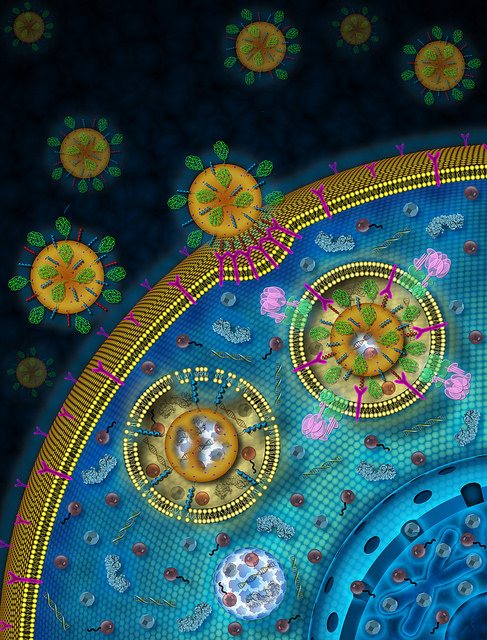Abstract
We propose two-dimensional poly(heptazine imide) (PHI) carbon nitride microparticles as light-driven microswimmers in various ionic and biological media. Their high-speed (15 to 23 micrometer per second; 9.5 ± 5.4 body lengths per second) swimming in multicomponent ionic solutions with concentrations up to 5 M and without dedicated fuels is demonstrated, overcoming one of the bottlenecks of previous light-driven microswimmers. Such high ion tolerance is attributed to a favorable interplay between the particle’s textural and structural nanoporosity and optoionic properties, facilitating ionic interactions in solutions with high salinity. Biocompatibility of these microswimmers is validated by cell viability tests with three different cell lines and primary cells. The nanopores of the swimmers are loaded with a model cancer drug, doxorubicin (DOX), resulting in a high (185%) loading efficiency without passive release. Controlled drug release is reported under different pH conditions and can be triggered on-demand by illumination. Light-triggered, boosted release of DOX and its active degradation products are demonstrated under oxygen-poor conditions using the intrinsic, environmentally sensitive and light-induced charge storage properties of PHI, which could enable future theranostic applications in oxygen-deprived tumor regions. These organic PHI microswimmers simultaneously address the current light-driven microswimmer challenges of high ion tolerance, fuel-free high-speed propulsion in biological media, biocompatibility, and controlled on-demand cargo release toward their biomedical, environmental, and other potential applications…







